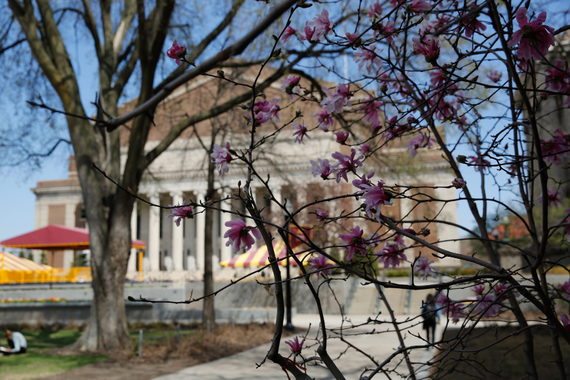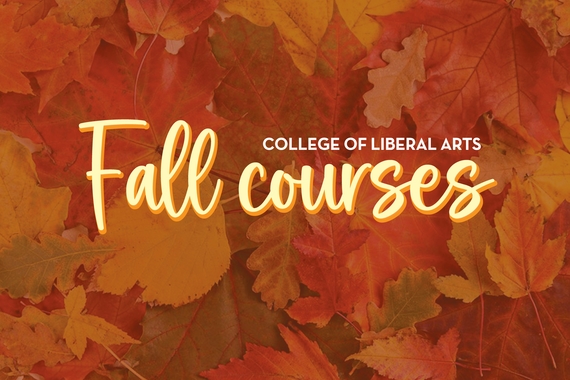Core Competencies in Action
Philosophy often gets a bad rap for bringing students to a career dead end. Michael Bennett McNulty knows that can’t be further from the truth, and he wants his students and others to understand it, too. That’s why the assistant professor of philosophy applied to become a Career Readiness faculty fellow.
He set out to fine-tune his approach to helping students understand and communicate the utility of philosophy. “As educators, we have a moral imperative to set our students up to succeed in their careers and the future,” McNulty says. “Our students want to know how their learning is going to be useful for them, and we need to help them with that.”
McNulty is taking a multipronged approach to incorporating discussions of career readiness into his current and future courses. In his freshman philosophy class about sports, reason, and society, students use the RATE tool to assess the competencies they developed while researching, writing, and making a presentation.
“Instead of me saying that this presentation is really helpful to improve your oral and written communication skills,” McNulty says, “students actually have to think about what they got out of it and how it will apply in the future.”
McNulty and assistant philosophy professor Jessica Gordon-Roth are creating a new course on critical reasoning. It will help students hone—and track—their everyday reasoning skills related to arguments, statistics, and probability. Next, an existing course in early modern philosophy will get McNulty’s attention.
Students traditionally write an argumentative paper. Recognizing that long treatises usually aren’t part of the professional world, McNulty developed a new assignment where students pick a different writing style, such as poetry or dialogue from a play, analyze why it’s effective, and create an argument in that style.
“No matter where students end up in their careers, they will have to engage with written disciplines, whether it’s writing memos, briefs, or articles,” McNulty says. “I wanted to make this class relevant to the challenges students face and the skills they need to develop to have fruitful careers.”



